About Us
At Urban Blueprints, we are driven by our passion to build the infrastructure that connects our communities and shapes the world around us.
Contact UsContact Info
- --
- --
- [email protected]
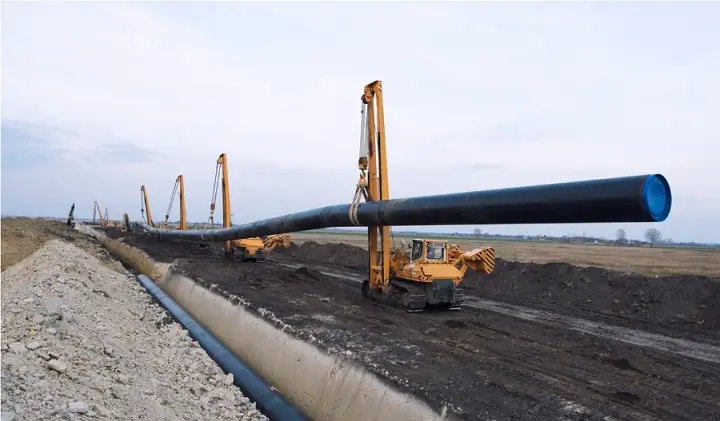
Water Resources Engineering
Water is an indispensable element of life and a valuable resource that we must use judiciously. The topics of the specialist field of water resources engineering are planning, designing, building, running, and managing water resources. Water resources engineers work to ensure that we have an enduring supply of pure, clean water for drinking, agriculture, industry, and other purposes.
Scope of Water Resources Engineering
Water resources engineering is a broad field that encompasses a wide range of activities. The key areas of focus include:
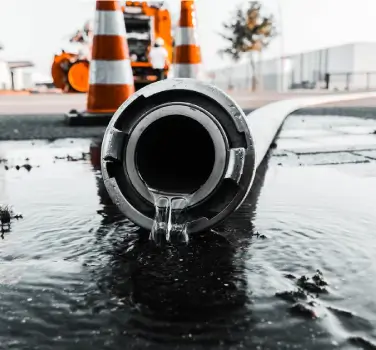
Water supply:
Designing and constructing water supply systems, such as dams, reservoirs, and pipelines, to collect, store, and transport water from sources to users.
Water treatment:
Developing and implementing technologies to purify water to safe drinking standards.
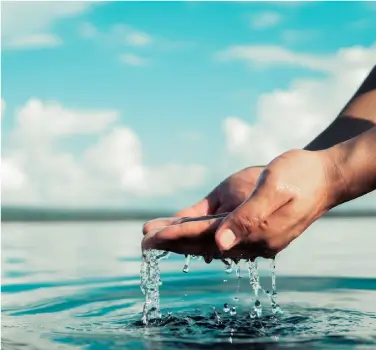
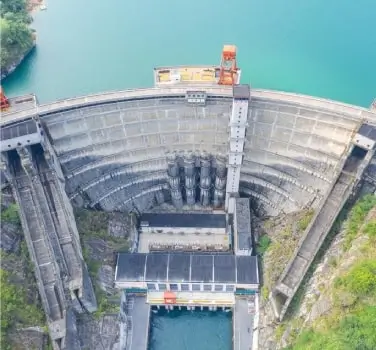
Wastewater management:
Designing and operating wastewater treatment systems to remove pollutants and dispose of wastewater environmentally soundly.
Flood control:
To protect communities from floods, designing and constructing structures, such as levees and dams.
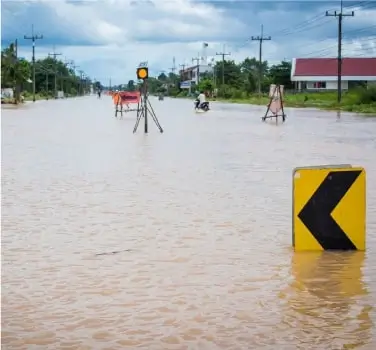
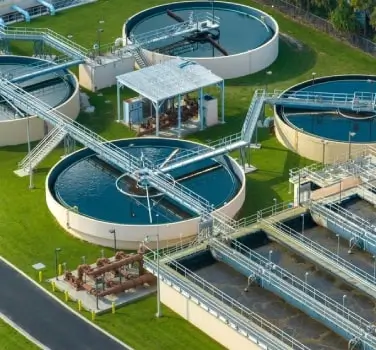
Hydropower development:
Harnessing the energy of flowing water to generate electricity.
Water conservation:
Promoting measures to reduce water consumption and improve water use efficiency.
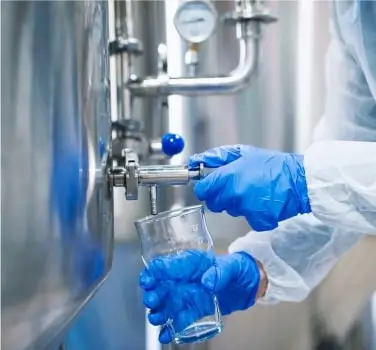
Techniques of Water Resources Engineering
Water resources engineers use various tools and techniques to solve water resource problems. Some of the standard tools include:
-
HydrologyStudying the movement, distribution, and storage of water in the Earth's surface and subsurface.
-
HydraulicsStudying the flow of water in channels and pipes.
-
Geotechnical engineeringStudying soil and rock properties to design and construct water infrastructure.
-
Environmental engineeringAssessing the environmental impacts of water resource projects and developing mitigation strategies.
-
EconomicsEvaluating the cost-effectiveness of water resource projects.
Water Resources Engineering Difficulties
The world is facing numerous challenges about its water resources, including scarcity, pollution, and inadequate sanitation:
-
Population growthThe growing global population is increasing demand for water resources.
-
Climate changeChanges in precipitation patterns and more extreme weather events affect water availability and quality.
-
Water pollutionPollution from industrial and agricultural activities is degrading water quality.
-
Water scarcitySome regions are experiencing chronic water shortages, expected to worsen in the coming decades.
Water Resources Engineers' Role
Water resources engineers are critical in addressing these challenges and ensuring a sustainable future. They work on developing innovative solutions to conserve water, improve water quality, and increase water availability. They also collaborate with stakeholders to develop and implement water resource management plans.
Water Resources Engineering Career Opportunities
Water resources engineering is a dynamic and rewarding field with many career opportunities. Water resources engineers can work for government agencies, consulting firms, private companies, and non-profit organisations. They can also choose to specialise in particular areas of water resource management, such as water supply, wastewater treatment, flood control, or hydropower development.


